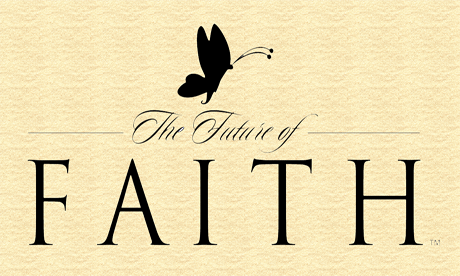Two books have recently been published that study the beliefs of the emerging generation.
Religious self-identification, it seems has remained very stable, in the United States with 84% calling themselves Christian in 1991, compared to 85% in 2010.
But many embrace the title without backing it up in practice. For example, only 45% strongly believe the the Bible is totally accurate in all of the principles it teaches. This declines to only 30% for those born from 1984 onwards. Only 34% of the adult public believe that there is any absolute moral truth, with barely 3% holding this among those born in 1984 and later.
These are some of the findings of George Barna, a prolific author who founded the Barna Research Group which he talks about in his book “FutureCast: What Today’s Trends Mean for Tomorrow’s World.” Based on numerous surveys of public opinion, the book looks at where society is today on a range of social issues.
In the second book “Lost in Transition: The Dark Side of Emerging Adulthood,” Christian Smith, a professor of sociology at the University of Notre Dame, along with a number of colleagues, conducted in-depth interviews with a broad range of people in the age range of 18-23. It examines the factors that influence the beliefs of this age group and then goes on to discuss the Emerging adults’ beliefs about morality, which they found, “was not consistent, coherent, or articulate.”
Read Father John Flynn’s review of these books in ZENIT
Image: BlackTreeMusic.com
